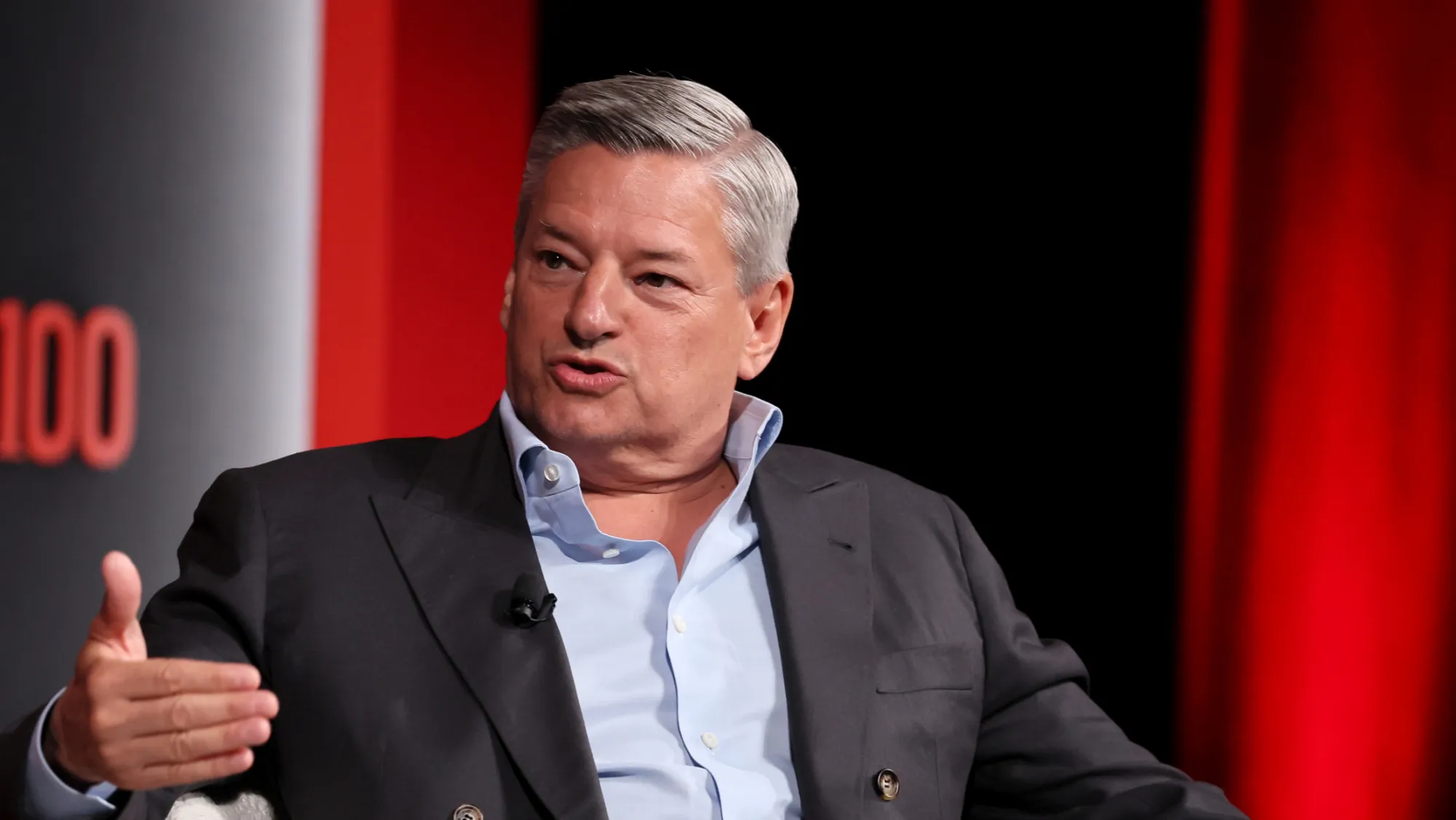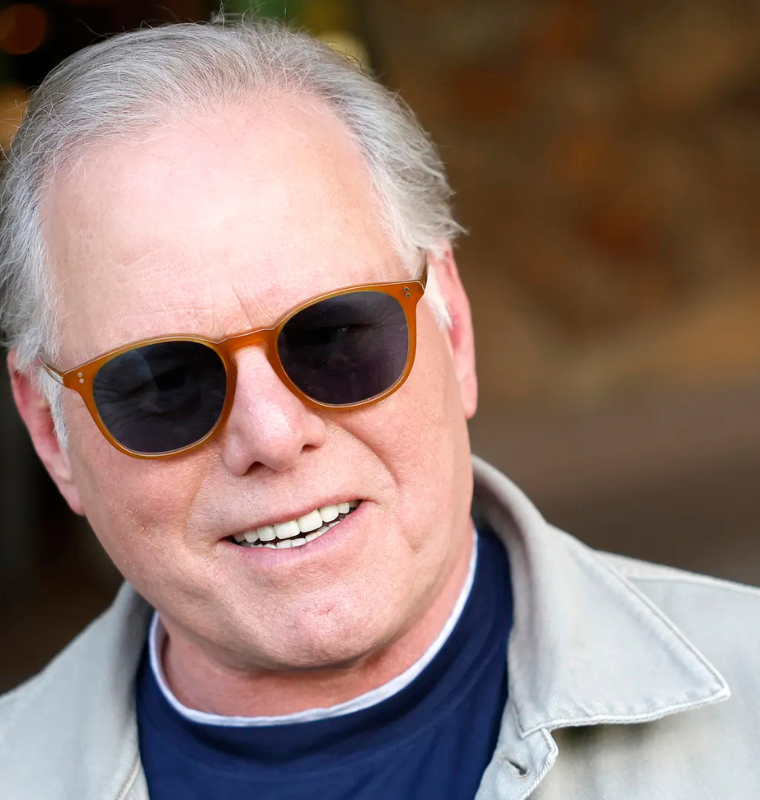Netflix Doubles Down on AI to Revolutionize Storytelling and Entertainment
Netflix Doubles Down on AI to Revolutionize Storytelling and Entertainment
By
Calder Monroe
Last updated:
October 22, 2025
First Published:
October 22, 2025

Getty Images
Netflix is making a bold bet on the future of entertainment — one powered by artificial intelligence. The streaming powerhouse revealed in its latest quarterly earnings report that it is going “all in” on generative AI, calling it a “significant opportunity” to transform nearly every aspect of its business, from personalized recommendations to film production and advertising.
CEO Ted Sarandos underscored the company’s conviction during the earnings call, saying, “AI is going to help us and our creative partners tell stories better, faster, and in entirely new ways. We’re all in on that.”
How Netflix Is Using AI Today
While AI has quietly powered Netflix’s recommendation engine and streaming algorithms for years, the company is now scaling those capabilities into creative and production workflows. According to Netflix’s shareholder letter, machine learning already plays a vital role in what users see — influencing over 80% of the shows and movies watched on the platform.
The next frontier is generative AI. Netflix is deploying these tools to assist writers, directors, and production teams in bringing ideas to life faster. For instance, in the upcoming Happy Gilmore 2, generative AI helped de-age characters seamlessly, reducing post-production time and costs. Similarly, the production crew behind Billionaires’ Bunker used AI to design wardrobe and sets during pre-production — a process that traditionally takes weeks but can now be completed in days.
The company also sees AI as a powerful driver of its growing advertising business. By using AI-powered analytics, Netflix can optimize ad placements and target audience segments with greater precision, potentially boosting its ad revenue, which surpassed $1 billion in 2024, according to internal projections.
Balancing Innovation with Human Creativity
Despite its rapid adoption of AI, Netflix executives insist that the technology is a tool for enhancement — not replacement. “AI can make the process more efficient,” Sarandos said, “but it can’t make you a great storyteller if you’re not one already.”
The statement comes as Hollywood continues to grapple with fears of AI displacing creative professionals. In 2023, the Screen Actors Guild (SAG-AFTRA) staged a historic 118-day strike, largely over the use of AI in media production. The resulting agreement with the Alliance of Motion Picture and Television Producers marked the first time that contractual AI protections were formally included for actors and writers.
Concerns remain, however. A startup studio called Particle6 recently sparked outrage for proposing AI-generated actors and fully synthetic talent management — a move that drew sharp criticism from industry unions and creatives alike.
Netflix has taken a more cautious and transparent approach. The company has issued internal guidelines promoting “responsible and ethical” use of AI, emphasizing that the technology should support creators rather than undermine them.
The Bigger Picture: AI’s Expanding Role in Entertainment
Netflix’s embrace of AI mirrors a larger industry shift. Major studios like Disney, Warner Bros., and Amazon Prime Video are all experimenting with AI for animation, post-production, and audience analysis. The global generative AI market in media and entertainment is projected to exceed $10.7 billion by 2030, growing at an annual rate of nearly 30%, according to Market Research Future.
By leading the charge, Netflix aims not only to enhance creativity but also to streamline costs and boost efficiency across its sprawling content ecosystem — which spans over 190 countries and caters to more than 270 million subscribers worldwide.
As Sarandos puts it, the goal isn’t to replace storytellers but to empower them: “AI gives us tools that make imagination the only real limit. The more creators embrace it, the more extraordinary stories we can tell.”
With that mindset, Netflix isn’t just using AI to predict what viewers want next — it’s using it to redefine how the future of entertainment is made.
Popular articles
Subscribe to unlock premium content
The Hidden Economy of Minecraft Server Plugins That Earn Thousands Monthly

Why Classic Ferrari F40s Command Prices Higher Than Some Modern Hypercars

How The Gentle Monster Sunglasses Brand Became a Cult Fashion Phenomenon in Korea

The Hidden Economy of Minecraft Server Plugins That Earn Thousands Monthly

Why Classic Ferrari F40s Command Prices Higher Than Some Modern Hypercars

The Hidden Economy of Minecraft Server Plugins That Earn Thousands Monthly









